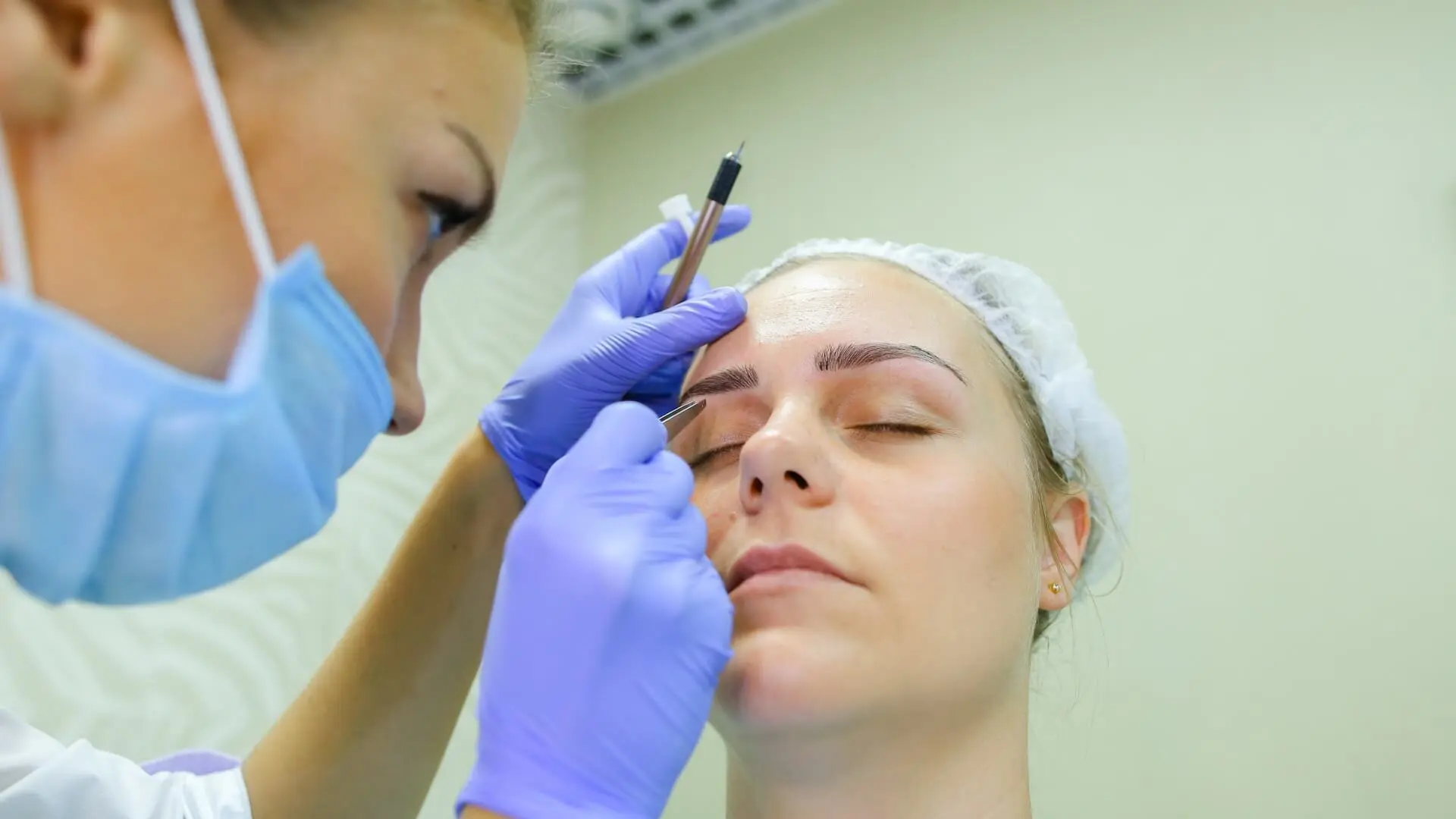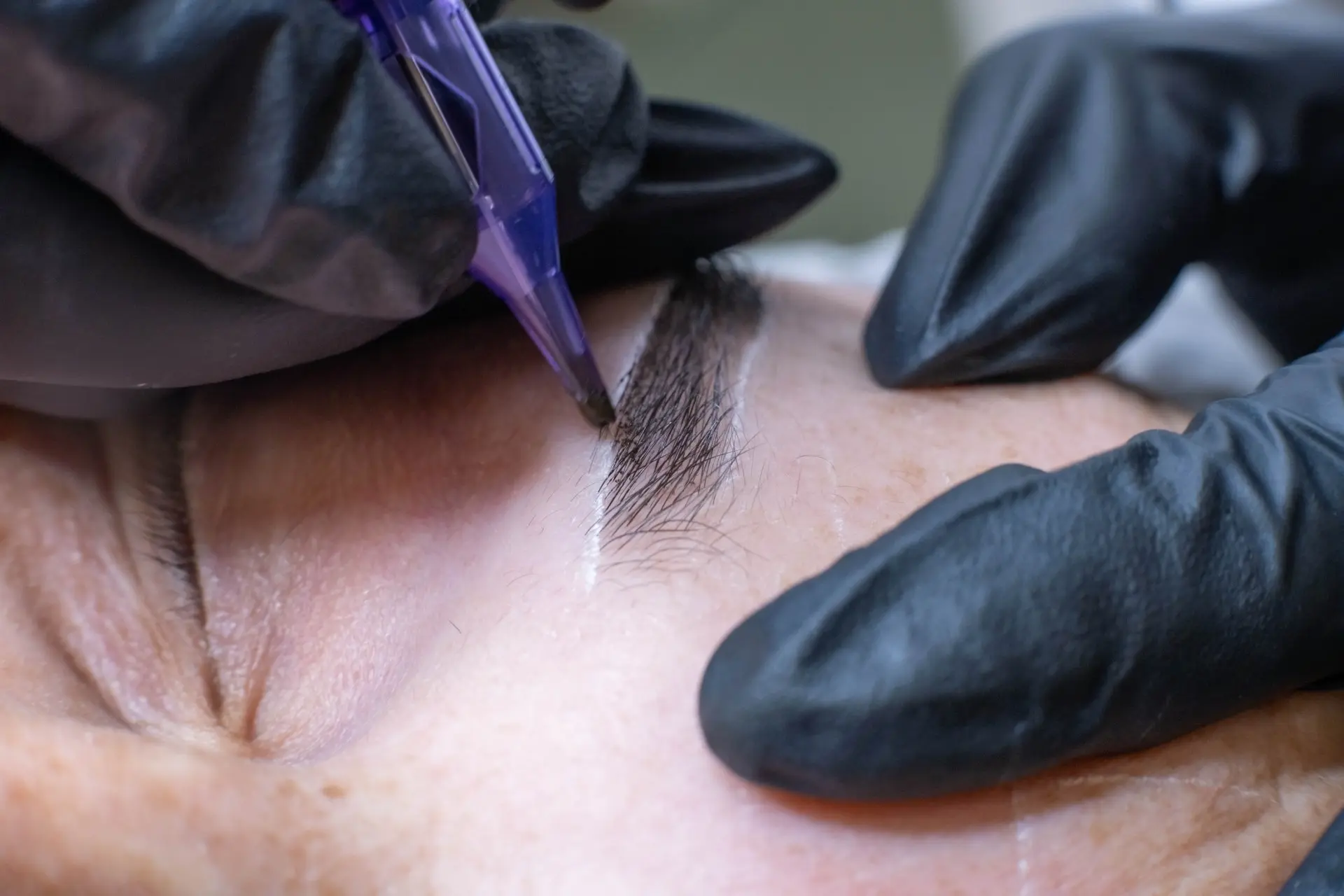Do not let the ‘breast deformity’ term believe you into your breast shape is a serious medical condition; it is all natural and quite common among women. It is completely harmless in terms of health status!
Sure, this may not be the relief you were looking for. Plastic surgery, especially breast augmentation, is a popular and safe solution for those seeking to boost their confidence about their pointy breasts.
So, if you want to uncover the cause of tuberous breasts, what does the term truly refer to, and which breast surgery options are out there, see below our comprehensive article! ✨
🤔 What is Tubular Breast Deformity?
- Definition
Tuberous breasts are medically called tubular breast deformity, or pointed breasts and cone shaped breasts in colloquial language. It has a distinctive shape where the breasts appear more elongated rather than round. It can cause breast asymmetry and affect breast fullness, leading to decreased self-confidence over lifetime.
It is usually characterized by an enlarged areola, with less fullness in the higher part of the breasts which are either considered small or small-to-moderate in size. Since it is defined by the nipple shape as well, the case of nipple puffiness is likely to refer to tubular breast deformity.
- Prevalence & Severity
The condition is not rare at all, affecting women with small breasts mainly. While tuberous breasts have a unique shape, they are simply one of many natural variations in breast appearance. It can range from mild to more pronounced tubular breasts, affecting breast projection.
- Cause
Puffy nipples or tuberous breasts are often linked to connective tissue not developing properly during puberty. The exact cause of this issue remains unclear. A body of research also suggests it might be due to hormonal imbalances during puberty or genetic factors that influence development in the womb.
💉 Choosing the Right Surgery to Fix Tubular Breasts
There are several cosmetic surgeries to address tubular breasts, from gynecomastia (male breast reduction) to fat injection. Therefore, you are right to wonder which one is the best pick for your condition. We have gathered common treatment options for you down below!
🥑 Breast Augmentation for Tubular Breasts
Since we mentioned earlier in this post that tubular shape comes along with small breasts, breast augmentation surgery is the most applied remedy. Besides breast implants, it can also be done through fat grafting, where fat deposits from other areas of the body (usually abdomen, thighs, etc.) are extracted to be transferred into the tubular breasts.
However, it is rarely preferred by patients and surgeons. Read more to find out why! 🤔
💧 Breast Implants for Tubular Breasts
Breast implants can easily remove the appearance of conical breasts by addressing the shape and volume deficiencies characteristic of the condition. Tubular breasts often have a constricted base and lack fullness. Implants provide the necessary volume to expand this constricted base and improve breast projection, creating a fuller and more rounded appearance. This can lead to a more aesthetically pleasing breast shape.
Moreover, breast implants offer various sizes and shapes, including round and teardrop options, which can be tailored to the individual’s needs. Surgeons & patients can select the appropriate implant size and shape to best address asymmetry and balance the overall breast contour.
🟡 Fat Injection for Tubular Breasts
Fat transfer, or fat grafting, can also improve the appearance of tubular breasts by utilizing a patient’s own tissue to add volume and shape, helping to fill out the constricted base and enhance breast volume. This method provides a more natural feel and avoids implants.
However, it is less commonly chosen than implants because fat transfer often requires multiple procedures to achieve the desired symmetry, and results can be less predictable. Implants generally offer more consistent and long-lasting outcomes with a wider range of size and shape options, making them more popular.
- An important note!
Fat injection for tubular breasts is being used more of an additional & supportive treatment 6 months after the breast augmentation at Dr. Cengizhan’s clinic. The surgeon specifically requires such follow-up to achieve ultimate results.
❓ FAQ
- How common are tubular breasts?
Tubular breasts are relatively common, affecting about 5-10% of women. This means that while they are not the most prevalent breast shape, they are still a notable variation.
- What causes tubular breasts?
There are many studies that tried to theorize the cause of tubular breasts, including:
- Genetic Factors: Abnormal breast tissue development (from excessive collagen) during puberty can be inherited from family traits.
- Hormonal Imbalances: Hormonal changes during puberty may disrupt normal breast growth and shape.
- Genetic Mutations: Rare genetic changes during fetal development might affect breast formation.
- Can men have tubular breasts too?
Yes, they most definitely do. Although quite rarer than women, men also suffer from genetic pointy breasts.
Gynecomastia is a condition that enlarges male breasts more than usual, and gynecomastia surgery by Dr. Cengizhan can help to reduce the puffiness and flatten out the chest to provide a more masculine & defined look.
Feel free to explore the amazing results crafted by Dr. Cengizhan:
- How to fix tubular breasts without breast augmentation?
If you want your plastic surgery to be worth it in the end for sure, we strictly recommend breast augmentation against tubular breasts. This is because the said treatment is considered as the perfect solution for the main problem, which is the lack of volume causing asymmetry.
Other options like a nipple correction can help to an extent, yet, it will possibly be insufficient to remove the look of the unwanted shape.
- Is tubular breast carcinoma caused by tubular breasts?
No, tubular breast cancer refers to a specific type of invasive cancer characterized by tumors that have a tube-like appearance. It is not related to having tubular breasts, a condition affecting breast shape.
References:
Klinger M, Caviggioli F, Klinger F, Villani F, Arra E, Di Tommaso L. Tuberous Breast: Morphological Study and Overview of a Borderline Entity. Canadian Journal of Plastic Surgery. 2011;19(2):42-44. doi:10.1177/229255031101900210




